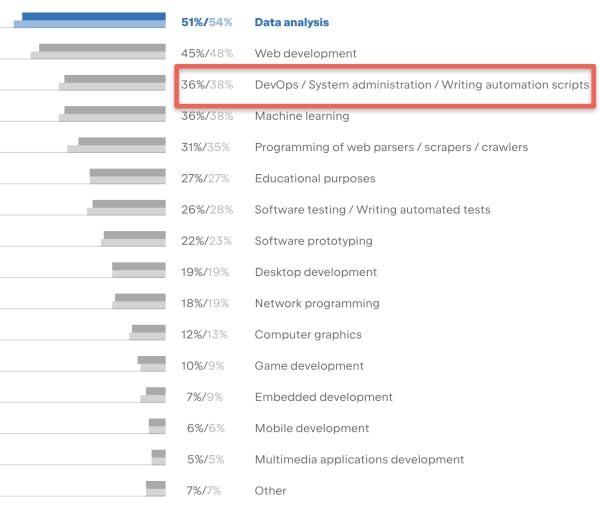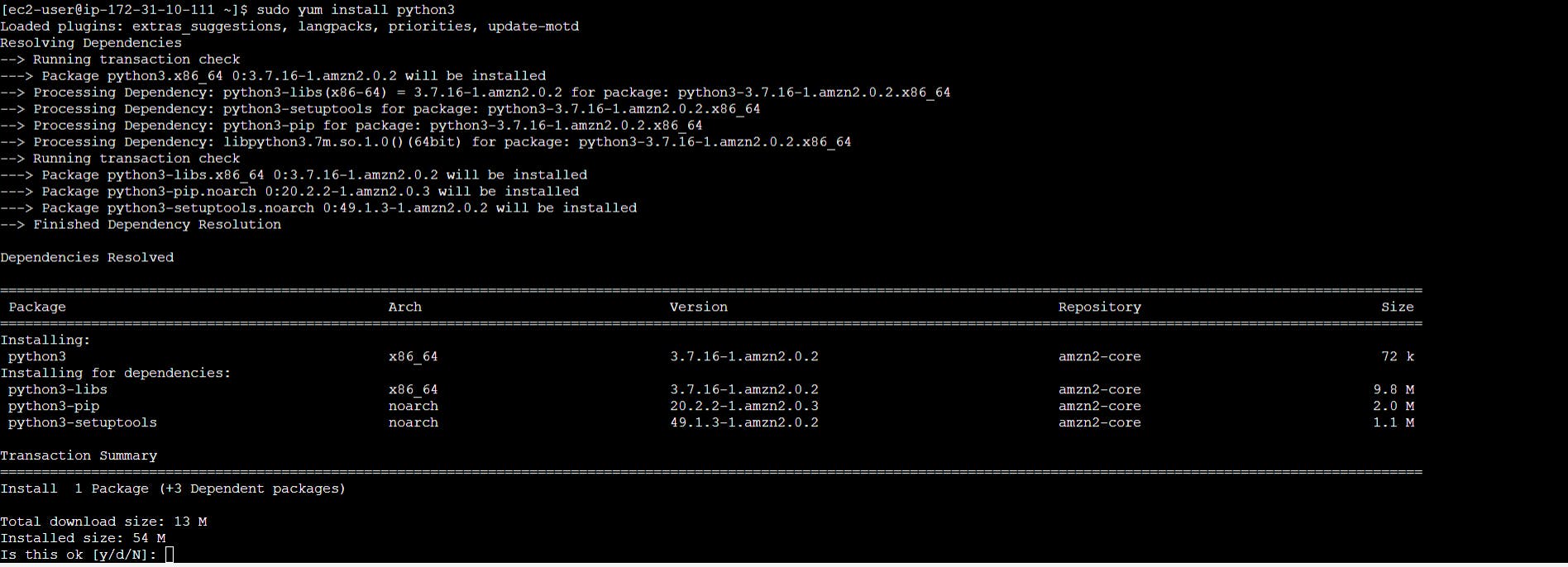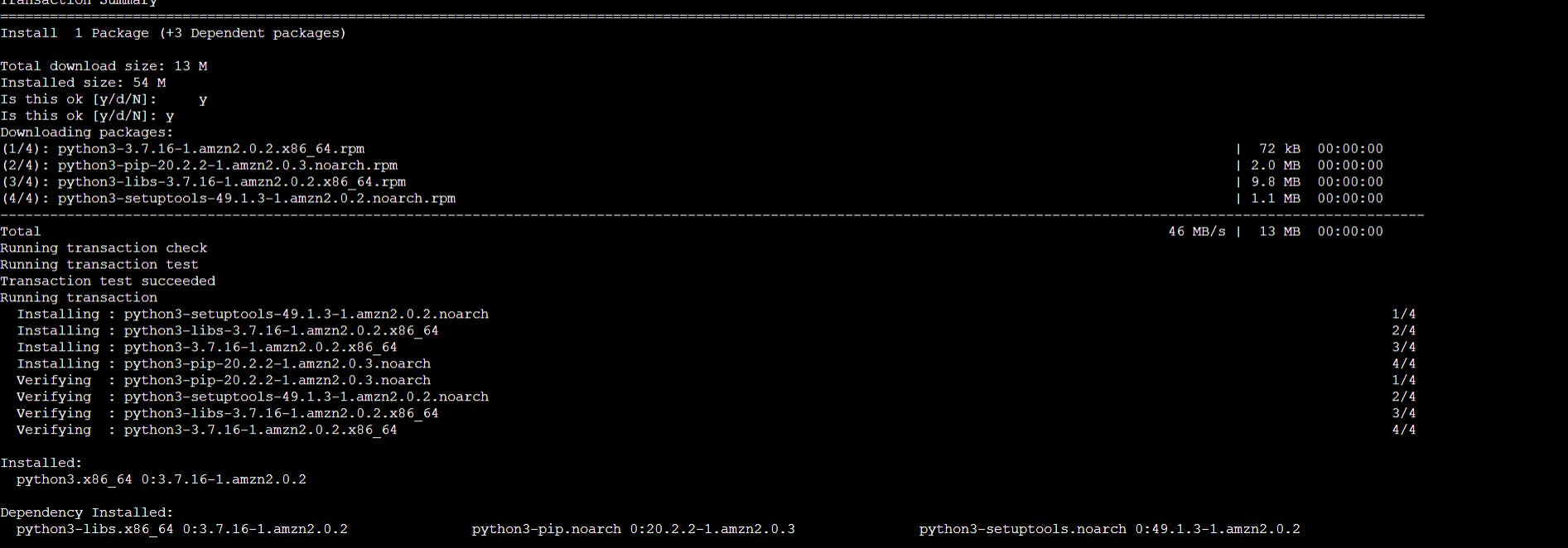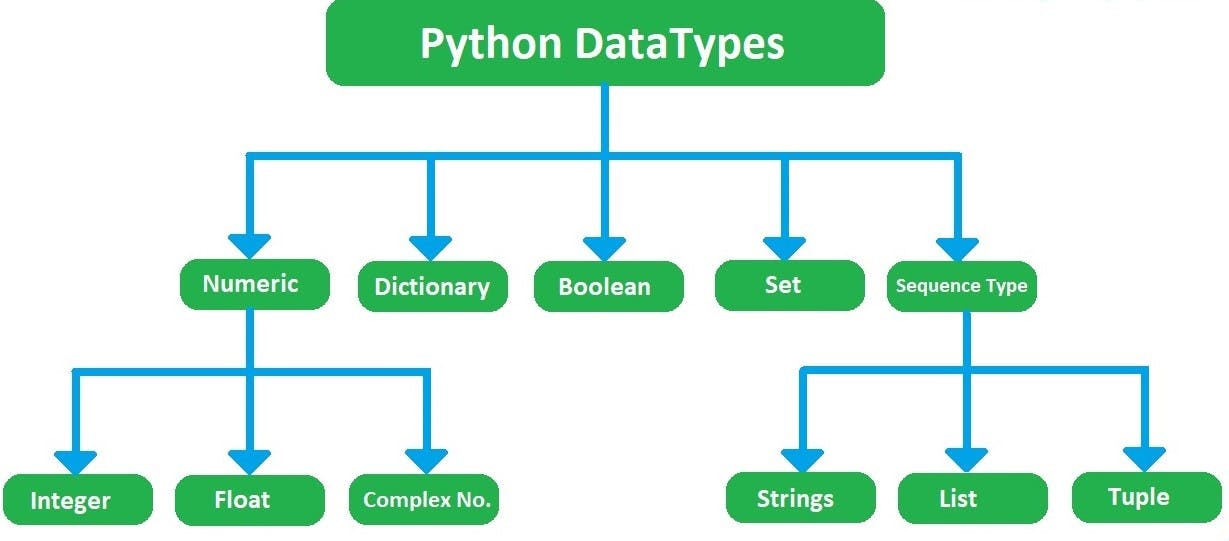What is Python?
Python is a widely used general-purpose, high-level programming language. It was created by Guido van Rossum in 1991 and further developed by the Python Software Foundation. It was designed with an emphasis on code readability, and its syntax allows programmers to express their concepts in fewer lines of code.
Python is a programming language that lets you work quickly and integrate systems more efficiently.
Python ranks among the most popular and fastest-growing languages in the world. Python is a powerful, flexible, and easy-to-use language. In addition, the community is very active there. It is used in many organizations as it supports multiple programming paradigms. It also performs automatic memory management.
Language Features:
Interpreted: There are no separate compilation and execution steps like C and C++.
Platform Independent: Python programs can be developed and executed on multiple operating system platforms.
Free and Open Source
High-level Language: In Python, no need to take care of low-level details such as managing the memory used by the program.
Simple: Closer to the English language, Easy to Learn.
Robust: Exceptional handling features, Memory management techniques inbuilt.
Python Code Example:
#Program to print Hello world in Console
print("Hello, world!")
Python in DevOps:
Python is important in DevOps due to its versatility, automation capabilities, and extensive ecosystem. It enables developers to automate tasks, script workflows, manage infrastructure as code, and integrate with various tools and systems, making it a valuable language for efficient and streamlined DevOps practices.

Automation: DevOps aims to automate various processes involved in software development, deployment, and operations.
Infrastructure as Code (IaC): Python is commonly used for Infrastructure as Code (IaC) solutions. Tools like Terraform and AWS CloudFormation support Python as a language for defining infrastructure resources.
Configuration Management: Python is extensively used in configuration management tools such as Puppet and Chef.
Continuous Integration and Deployment (CI/CD): Python is widely used in CI/CD pipelines. Popular CI/CD platforms like Jenkins and GitLab CI/CD provide built-in support for Python. Additionally, Python's packaging tools, like pip, enable easy distribution and installation of software artifacts.
Monitoring and Logging: Python has libraries like Prometheus and Grafana that facilitate monitoring and visualization of system metrics. It is also frequently used for log analysis and aggregation with tools such as ELK stack (Elasticsearch, Logstash, Kibana).
Cloud Integration: Python has robust support for cloud providers such as AWS, Azure, and Google Cloud. Boto3, the AWS SDK for Python, allows developers to interact with various AWS services programmatically.
Extensibility: Python's extensibility allows for integrating various tools and systems in a DevOps environment. Python can be used to create custom plugins, extensions, and integrations with existing tools, making it easier to build tailored solutions for specific requirements.
How to Install Python?
Install Python on Linux from Package Manager
sudo yum install python3
Type Y and press Enter to continue. The Package manager will download and install the Python for you.

Verify the Python Installation
python --version

Data Types in Python.
Data types are the classification or categorization of data items. It represents the kind of value that tells what operations can be performed on a particular data.
Since everything is an object in Python programming, data types are actually classes and variables are instances (objects) of these classes. The following are the standard or built-in data types in Python:
Numeric
Sequence Type
Boolean
Set
Dictionary
Binary Types( memory view, bytearray, bytes)

Examples
String Data Type: Used to represent text data in Python. They are declared using single quotes ' ' or double quotes " ".
msg= "Welcome to My Blog!!"
print("msg")
Boolean Data Type: Used to represent true 1 or false values 0.
x = True
y = False
print(x)
print(y)
List Data Type: Used to store collections of items in Python. They are declared using square brackets [ ].
fruits = ['apple', 'banana', 'cherry']
print(fruits)
print(fruits[1]) # Accessing 2nd element from the list
Tuple Data Type: Tuples are similar to lists but are immutable, meaning that their contents cannot be changed after they are created. They are declared using parentheses().
fruits = ('apple', 'banana', 'cherry')
print(fruits)
print(fruits[0]) # Accessing 1st element from the list
Set Data Type: used to store collections of unique items in Python. They are declared using curly braces { }.
fruits = {'apple', 'banana', 'cherry'}
print(fruits)
Output:
{'apple', 'banana', 'cherry'}
Dictionary Data Type: used to store key-value pairs in Python. They are declared using curly braces and colons to separate the keys and values.
person = {
'name': 'John Doe',
'age': 30,
'location': 'New York'
}
print(person)
print(person['name']) # Accessing a value using its key
Output:
{'name': 'John Doe', 'age': 30, 'location': 'New York'}
John Doe
In conclusion, Python has a rich set of data types that can be used to represent different kinds of data.
Overall, Python's simplicity, readability, extensive libraries, and tools make it an indispensable language for DevOps professionals. Its versatility and wide adoption in the DevOps community make Python an excellent choice for automating and managing complex software development and deployment workflows.
Thanks for reading my article. Have a nice day.
For updates follow me on LinkedIn: Swapnil Khairnar
Hashtags:
#90daysofdevops #devops #cloud #aws #awscloud #awscommunity #docker #linux #kubernetes #k8s #ansible #grafana #terraform #github #opensource #90daysofdevops #challenge #learningprogress #freelancer #linkedin #trainwithshubham #devopscommunity #cloudproviders #bash #bashshellscripting #awkward #shellscripting

